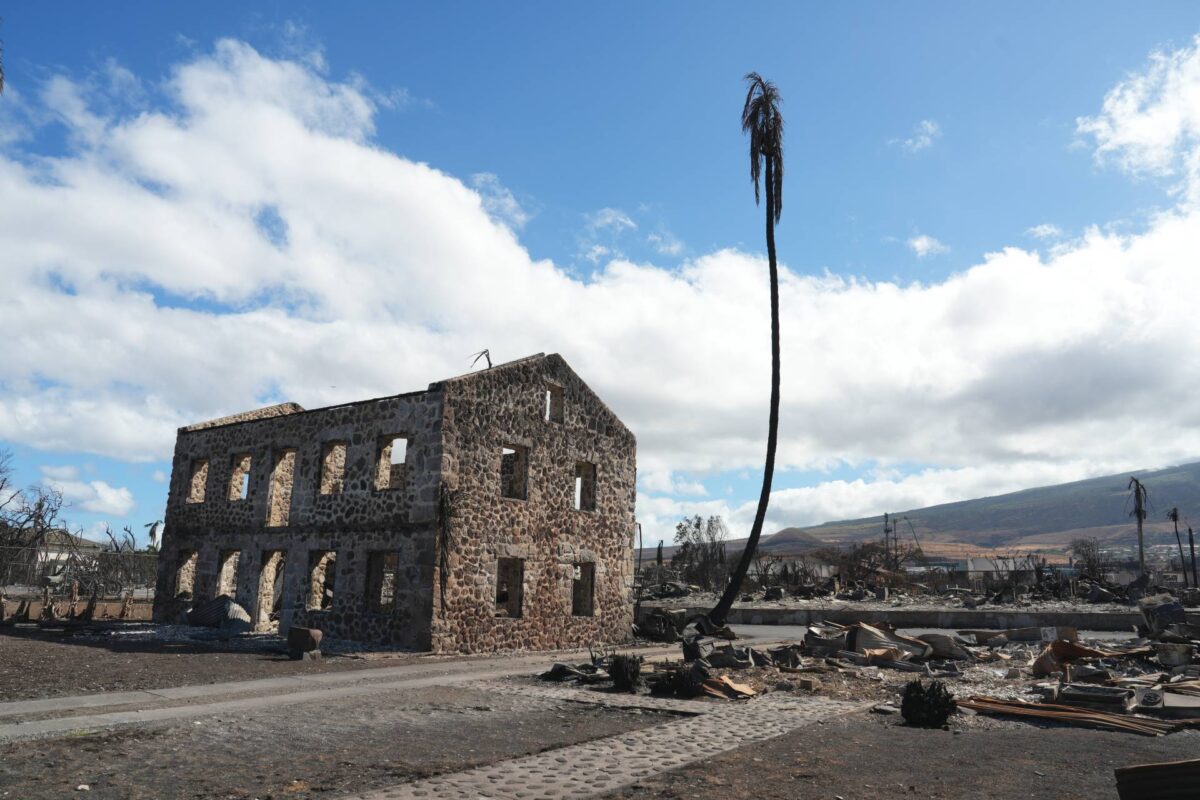In 1988, NASA scientist James Hansen warned the US Congress that Earth was heating at a dangerous, accelerating rate mainly from burning coal, gas and oil.
The science wasn’t new. Throughout the 1800s, scientists recognized what is now known as the “greenhouse effect.” In 1859, Irish physicist John Tyndall conducted experiments that showed gases including carbon dioxide could affect climate by preventing heat radiation from escaping. In 1896, Swedish chemist Svante Arrhenius demonstrated how changes in CO2 could affect climate.
Their research coincided with the fast-developing fossil fuel era. Although Earth’s climate has always fluctuated, the rapid warming we’ve experienced since fossil fuel burning began is unprecedented. As NASA points out, “It is undeniable that human activities have produced the atmospheric gases that have trapped more of the Sun’s energy in the Earth system. This extra energy has warmed the atmosphere, ocean, and land, and widespread and rapid changes in the atmosphere, ocean, cryosphere, and biosphere have occurred.”
When Hansen testified 35 years ago, the evidence for human-caused global warming was already undeniable — and it spurred a shift. The UN Intergovernmental Panel on Climate Change (IPCC) was formed. Hundreds of scientists and policy-makers met in Toronto for a major international conference on climate change, releasing a statement that read, “Humanity is conducting an unintended, uncontrolled, globally pervasive experiment whose ultimate consequences could be second only to a global nuclear war.”
In that momentous year, even US President George H.W. Bush (an oilman!) and British Prime Minister Margaret Thatcher promised to heed the environmental warnings, with the former establishing the U.S. Global Change Research Program and implementing the Global Change Research Act, which mandated a National Climate Assessment every four years.
In Canada, newly elected Prime Minister Brian Mulroney appointed Lucien Bouchard as environment minister. In an interview, I asked Bouchard what he considered to be our most important environmental issue. “Global warming,” he replied. “How serious is it?” I asked. “It threatens the survival of our species,” he responded. “We have to act now.”
Even the oil companies recognized the problem. According to Harvard researchers, starting in 1977, “Exxon researchers created a series of remarkably reliable models and analyses projecting global warming from carbon dioxide emissions over the coming decades.”
Oil industry executives realized their enterprises threatened human health and survival, but they were more concerned about how climate action threatened their bottom lines. Instead of helping the world reduce consumption of its products, they devised campaigns to sow doubt and confusion about the climate science their own researchers had confirmed.
In concert with the automobile industry, they developed products and encouraged lifestyles that would burn even greater amounts of the polluting, climate-altering fuels. With help from compromised media, paid politicians, shady front groups and uninformed, fearful citizens, the denial machine went into full swing.
Now we’ve reached a critical point. Over the past 35 years, sales of gas-guzzling SUVs and trucks have accelerated, emissions have risen, the planet has heated to dangerous levels and politicians still campaign against sensible, effective climate policies. Even those in politics who recognize the problem and implement measures to address it have to compromise or water them down in the face of rampant denial.
It’s not hyperbole to say those who have fuelled and are still fuelling climate science denial have blood on their hands. And while the ignorant might have once been excused for being duped by such a sophisticated, exorbitantly financed public relations behemoth, there’s no justification now to ignore what has become a clearly evident crisis.
James Hansen retired from NASA in 2013, but he hasn’t stopped warning about the climate crisis. He recently led research that concluded warming and climate sensitivity to rising emissions have exceeded even the IPCC’s best estimates, thanks in part to a collective failure to implement proven measures to slow emissions, such as carbon pricing.
Hansen and his team demonstrate that we’re perilously close to exceeding the 1.5 C warming threshold set in the Paris Agreement, which will result in a world “less tolerable to humanity, with greater climate extremes.”
We’ve had plenty of time to shift course — any further delays will cause more pain and hardship for everyone. It’s long past time to move from denial to action.
David Suzuki is a scientist, broadcaster, author and co-founder of the David Suzuki Foundation. Written with David Suzuki Foundation Senior Writer and Editor Ian Hanington. Learn more at davidsuzuki.org.



